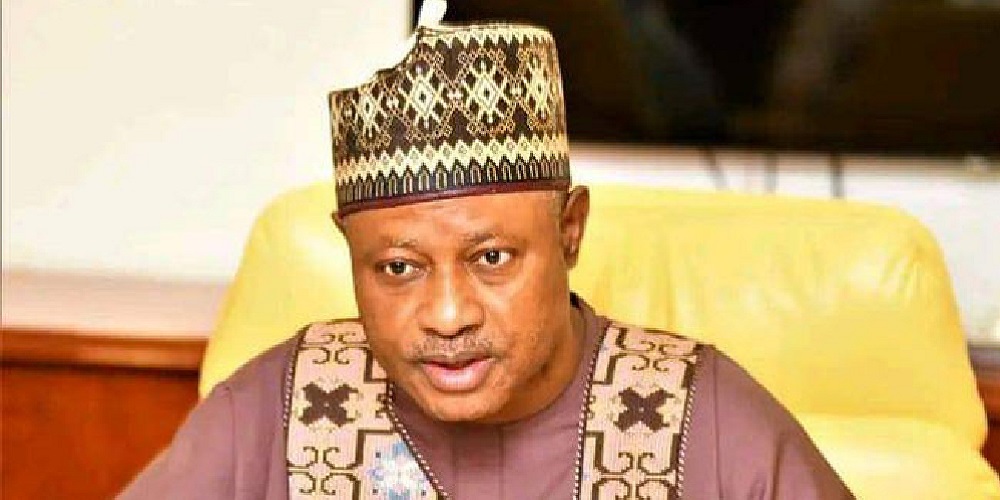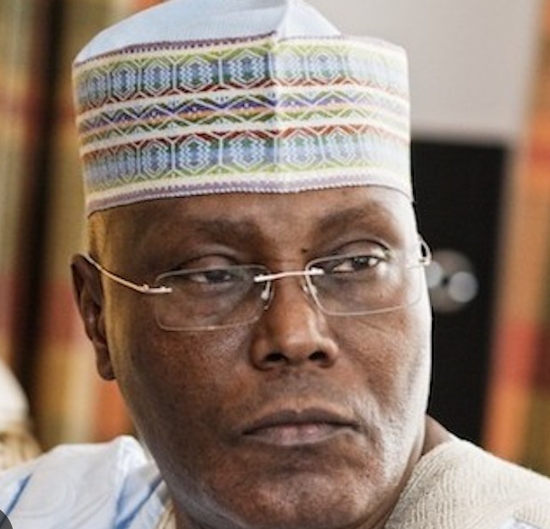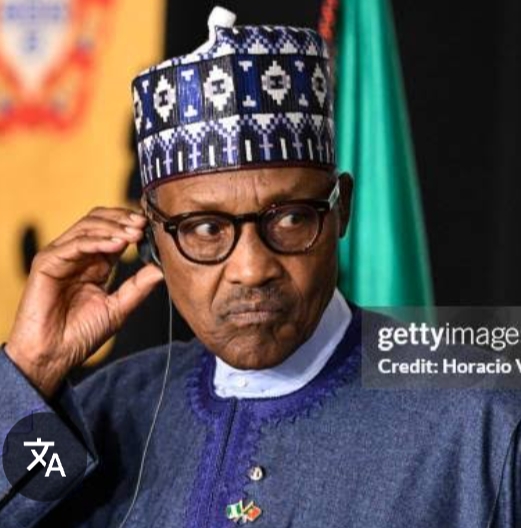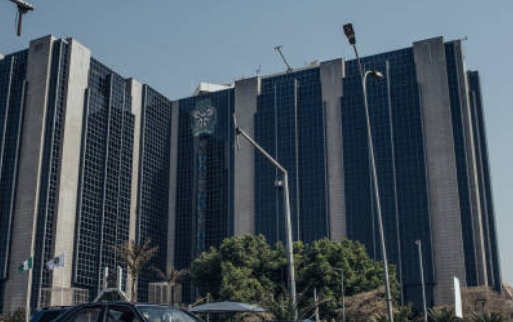News
North faces existential threat over poverty, insecurity – Kaduna gov

Kaduna State Governor, Uba Sani, on Monday expressed concern over the high rate of poverty, out-of-school children and general insecurity in the North, declaring that the region faces an existential threat.
The development, the governor added, was quite disturbing and must worry all those who still care for the North and Nigeria in general.
Sani highlighted the challenges facing the North, including poverty, insecurity, and poor education, citing statistics from the National Bureau of Statistics and UNICEF.
He spoke on Monday while welcoming a delegation from the Arewa Consultative Forum, led by its Chairman, Mamman Mike Osuman, to Sir Kashim Ibrahim Government House in Kaduna.
Sani noted that the National Bureau of Statistics’ “survey revealed that 63% of persons living within Nigeria (that is about 133 million people) are multi dimensionally poor. 65% of the poor (that is 86 million people) live in the North, while 35% (nearly 47 million) live in the South.
“The North is not faring any better in the area of education. The United Nations Children’s Fund puts the number of out-of-school children in Nigeria at 18.3 million. Of this outrageous number of out-of-school children, about 70% are in the North of Nigeria.
“This is quite disturbing and must worry all of us who still care for the North and Nigeria in general. Insecurity in the North has retarded developments in the critical sectors, a lot of farmers cannot access their farms.
“Food insecurity now confronts us directly. Child and maternal mortality are on the increase. Our infrastructure have decayed. The moves to address our infrastructural deficits are equally threatened by insecurity.
“From this very disturbing picture, it is clear that northern Nigeria faces an existential threat. This is therefore a time for all hands to be on deck to pull the region back from the brink.
“It is a time when our people must close ranks, fashion a Marshall Plan for the North and move decisively to change these negative.”
Sani emphasised the need for collective action to address these issues, urging the ACF to refocus attention on development rather than politics.
He commended the ACF for promoting and protecting the interests of northern Nigeria, despite the region’s diverse composition.
He, however, countered the claim that President Bola Tinubu was against the North, attributing such narratives to political manipulators.
“The government of President Bola Ahmed Tinubu has been giving uncommon support to state governments in the North to address their myriad challenges.The narrative that President Tinubu is against the North is false, absurd and unbecoming.
“It is the handiwork of elements who are experts at political manipulation. They are only interested in feathering their political nests, not the development of Northern Nigeria,” he added.
The governor expressed willingness to partner with ACF on initiatives that benefit the North and handed over documents for an office complex donated by the Kaduna State Government.
He emphasized the importance of leadership in uniting the North and mobilizing its people for a brighter future.
Governor Sani encouraged collaboration to develop a “Marshal Plan” for the region’s development, expressing optimism that the North would rise again.
Earlier, the Chairman of the ACF, had highlighted the forum’s commitment to promoting peace, unity, and progress in northern Nigeria, acknowledging the region’s challenges with poverty, insecurity, and poor human development indices.
News
Kill your 2027 election, PDP, LP chieftains advise Atiku

By Kayode Sanni-Arewa
A member of the National Executive Committee of the Peoples Democratic Party, Diran Odeyemi, and a chieftain of the Labour Party, Anslem Eragbe, have advised former Vice President Atiku Abubakar to kill his 2027 presidential election ambition.
Both Odeyemi and Eragbe said the South should be allowed to rule for eight years.
They said the 2027 southern president might not necessarily be President Bola Tinubu.
Eragbe, in an interview with Sunday PUNCH, argued that Atiku should not have contested the 2023 presidential election because it was the turn of the South to produce a president.
He said, “Atiku was not supposed to contest the 2023 presidential election because it was the turn of southern Nigeria. It is the turn of the South till 2031.
“Being a former Vice President of Nigeria for eight years; Atiku knows Nigeria’s power drill and equation. He should support younger Nigerians to power and provide guidance in 2027.”
Asked if the former Vice President would breach any law if he chooses to run for the nation’s highest office in 2027, Eragbe said the PDP stalwart “is entitled to his ambition and aspirations, adding however that “2027 – 2031 is for southern Nigeria.”
According to him, the 2027 presidency shall remain in southern Nigeria and should be zoned to the South-South region.
“It should be further micro-zoned to the (defunct) mid-Western region. I mean the defunct Bendel, now Edo and Delta states. We expect the major political parties to do this for equity, justice, fairness and parity.
“However, should President Bola Tinubu, win the 2027 presidential election and continue till 2031, power shall return to Northern Nigeria,” he added.
The former President of the Student Union Government of Ahmadu Bello University, Zaria, added that when compared with other geo-political zones in the country, the South-South had spent the least number of years on the presidential seat.
“The region that has ruled the least in Nigeria is the South-South with only five years under Goodluck Jonathan and should rule Nigeria again beginning from 2027.
“When put together, the North-Central spent a total of 17 years and 11 months, North-West, 17 years, three months; North-East, 10 years, three months; South-West, 15 years, four months by the time Tinubu finishes his term in May 2027; South East spent five years and nine months and the South-South, the only region to spend five years only on the presidential seat,” he added.
Eragbe called on the political parties to identify credible politicians, regardless of their financial status, to fly their flags for the various elective offices, stressing that 2027 would be another opportunity to right the wrongs of the past.
Speaking with Sunday PUNCH, Odeyemi stated that the ex-vice president’s participation in the 2023 presidential election and his perceived ambitions for 2027 were the causes of PDP crisis.
He charged Atiku to bury his ambition, adding that once the former vice president failed to declare interest in 2027, the crisis in the party would be over.
The 2023 election was originally supposed to be between southerners, as former President Muhammadu Buhari, a northerner, had just completed eight years in office. However, Atiku insisted on exercising his rights, which is why there is a crisis in the PDP,” he stated.
News
Why Buhari govt was shoved aside – IBB

By Kayode Sanni-Arewa
Ex-military head of state, Ibrahim Badamasi Babangida (IBB), has stated that he shoved aside Muhammadu Buhari’s regime because he believed his policies were detrimental to the nation’s progress.
The former military leader disclosed this in his autobiography, ‘A Journey In Service’, launched in Abuja on Thursday.
Babangida was chief of staff to Buhari, who ousted Shehu Shagari’s civilian government in the December 31, 1983 coup.
After the military coup that replaced the civilian government of Shehu Shagari with a military regime led by Major General Muhammadu Buhari, Ibrahim Babangida assumed the Chief of Army Staff role.
However, he became increasingly dissatisfied with the Buhari government’s policies and leadership style, which he described as draconian.
Recalling how he journeyed from Minna to Lagos on August 27, 1985, to assume office, Babangida said tension had already begun to build up since the start of the year, and a change in leadership had become necessary.
He said, “On that day, it became my lot to step into the saddle of national leadership on behalf of the Nigerian armed forces. The change in leadership had become necessary as a response to the worsening mood of the nation and growing concern about our future as a people. All through the previous day, as we flew from Minna and drove through Lagos towards Bonny Camp, I was deeply reflecting on how we as a nation got to this point and how and why I found myself at this juncture of fate.
“By the beginning of 1985, the citizenry had become apprehensive about the future of our country.
The atmosphere was precarious and fraught with ominous signs of clear and present danger. It was clear to the more discerning leadership of the armed forces that our initial rescue mission of 1983 had largely miscarried. We now stood the risk of having the armed forces split down the line because our rescue mission had largely derailed. If the armed forces imploded, the nation would go with it, and the end was just too frightening to contemplate.
“Divisions of opinion within the armed forces had come to replace the unanimity of purpose that informed the December 1983 change of government. In state affairs, the armed forces, as the only remaining institution of national cohesion, were becoming torn into factions; something needed to be done lest we lose the nation itself. My greatest fear was that division of opinion and views within the armed forces could lead to factionalisation in the military. If allowed to continue and gain root, grave dangers lay ahead.”
News
How CBN Spent $8bn On Naira Defence Against Dollar At FX Market

By Kayode Sanni-Arewa
The Chief Executive Officer of Financial Derivatives, Bismark Rewane, has revealed that the Nigerian government, through the Central Bank of Nigeria, has spent almost $8 billion defending the naira at the foreign exchange market in the last months.
Rewane, a renowned economist, disclosed this at the weekend in an interview with Channels Television.
He was reacting to the decision by the Monetary Policy Committee to retain the country’s interest rate at 27.50 percent at the same time, maintaining other MPR parameters.
Explaining the reason the Naira has appreciated to N1,505 and N1,507 across parallel and official foreign exchange markets, he noted that the apex bank has several initiatives to support the country’s currency.
“We’ve also borrowed $4 billion in bond issues. When you take a look at that, you’ll see there is a lot of work. We’ve actually spent almost $8 billion trying to support the naira at current levels,” Rewane stated.
According to him, Nigeria’s January inflation figure, which dropped to 24.48 percent after the Consumer Price Index rebasing, does not reflect the reality of ordinary Nigerians.
“There’s no way that inflation can reduce by 10% in a short period. The man on the street does not believe that inflation has come down as sharply as that,” he said.
-

 News18 hours ago
News18 hours agoJust in : Senator Gumau is dead
-

 News19 hours ago
News19 hours ago10th NASS Committed to Constitutional Reforms – Kalu
-

 News18 hours ago
News18 hours agoPolice seal OSSIEC office, officials nabbed, says chairman
-

 Metro11 hours ago
Metro11 hours agoInsecurity! Gunmen invade church, slash pastor’s 2 fingers
-

 News19 hours ago
News19 hours agoRep Salam Congratulates Governor Adeleke On Successful Conduct Of LG Elections
-

 Metro11 hours ago
Metro11 hours agoFire engulfs MTN office in Oyo
-

 News18 hours ago
News18 hours agoI have never insulted President Tinubu in my entire life”-Gov Adeleke
-

 Politics17 hours ago
Politics17 hours agoWike excited as Orbih is re-elected PDP S/South Chairman







